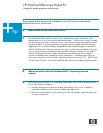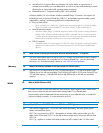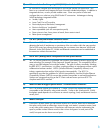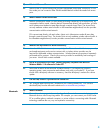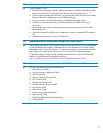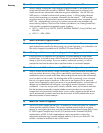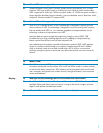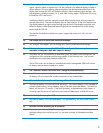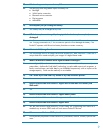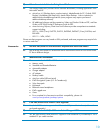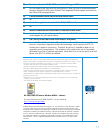
7
Q . What is WEP and is it supported?
A . Wired Equivalent Privacy (WEP) is a basic wireless security provided by Wi-Fi. In some
instances, WEP may be all a home- or small-business user needs to protect wireless data.
WEP is supported in 64-bit and 128-bit encryption modes. As 128-bit encryption provides a
longer algorithm that takes longer to decode, it can provide better security than basic 64-bit
encryption. Windows Mobile 5.0 supports WEP.
Q . What is WPA and is it supported?
A . Short for Wi-Fi Protected Access, a Wi-Fi standard that is designed to improve upon the
security features of WEP. The technology is designed to work with existing Wi-Fi products
that are enabled with WEP (i.e., as a software upgrade to existing hardware), but the
technology includes two improvements over WEP:
Improved data encryption through the temporal key integrity protocol (TKIP). TKIP
scrambles the keys using a hashing algorithm and, by adding an integrity-checking
feature, ensures that the keys have not been tampered with.
User authentication through the extensible authentication protocol (EAP). WEP regulates
access to a wireless network based on a computer’s hardware-specific MAC address,
which is relatively simple to be sniffed out and stolen. EAP is built on a more secure
public-key encryption system to ensure that only authorized network users can access the
network.
Q . What is a VPN?
A . Virtual Private Network (VPN) is a type of technology designed to increase the security of
information transferred over the Internet. VPN works with either wired or wireless networks,
as well as with dial-up connections. VPN creates a private encrypted tunnel from the end
user's computer, through the local wireless network, through the Internet, to the corporate
servers and database.
Q . What type of display technology does the iPAQ hx2000 series Pocket feature?
A . The iPAQ hx2000 series Pocket PC utilizes a 3.5” transflective TFT QVGA 64K color LED
backlight display and allows better and easier viewing of documents, images, and web
pages in both portrait and landscape modes
Q . What is the difference between reflective and transflective display?
Display



